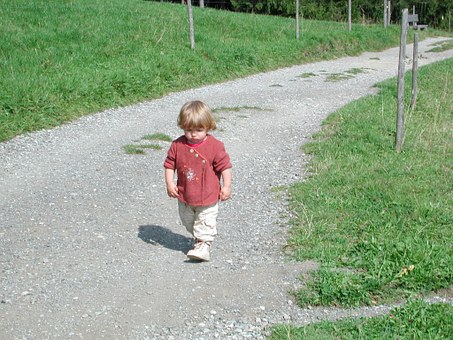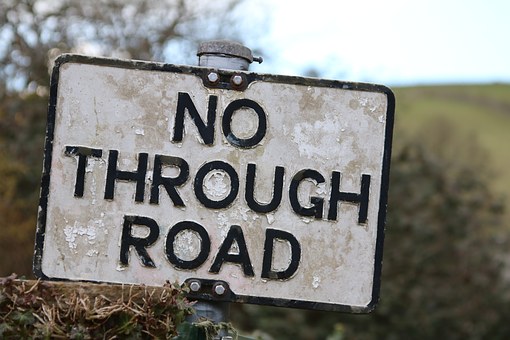The oft quoted phrase, “You Can’t Go Home Again,” is the title of a novel written by Thomas Wolfe and published in 1940, after his death. In his book the author elaborates, “You can’t go back home to your family, back home to your childhood … back home to a young man’s dreams of glory and of fame … back home to places in the country, back home to the old forms and systems of things which once seemed everlasting but which are changing all the time – back home to the escapes of Time and Memory.” (The ellipses are in the original.)
Yesterday evening I thought about this phrase as the four members of our present household (my wife, daughter, grandson, and me) sat in our family room, each eating our own separately prepared dinner.
When I was young my mother spent several hours each afternoon talking to me while cooking dinner for our family of four (Mom, Dad, my brother, and me), which, by Dad’s decree, always began at 5:30 pm. I’ve missed the warmth of those family dinners for many, many years.
Now, after almost ten months of COVID-19 rampaging through the land, most everyone I know wants to go home again. By that I mean that we all want to go back to “normal.”
Yet Thomas Wolfe was right. We can never go back to the 1950’s, being young (or younger) again, or even to the comparative safety of the Thanksgiving and Christmas we knew in 2019, which now seems like a distant shore.
But home is more than a physical place or memory. As Pliny the Elder wrote 2,000 years ago, “Home is where the heart is.” It is where we feel, or should feel, safe. In my life I’ve lived in eight homes, all in Los Angeles, each with its share of love, warmth, and memories.
I can’t go back to my family of origin, because I’m the only one of the four of us who now survives. I can’t go back to the house I grew up in because it has changed, as have I. Years ago my father and I returned to the location of the home in New York where he grew up. We found it replaced by a large beer manufacturing plant that covered the entire block.
My father masked his disappointment with anger. “I never want to come back here again,” he said.
Even if we can’t go back again, we can go forward. In fulfilling our lives each day we can return our hearts to a place where we feel safe, a home we continually create and recreate, with and for those we love.
Will next year be different than 2020? Of course.
But we can and will still be at home on this Earth we love.
Alan



